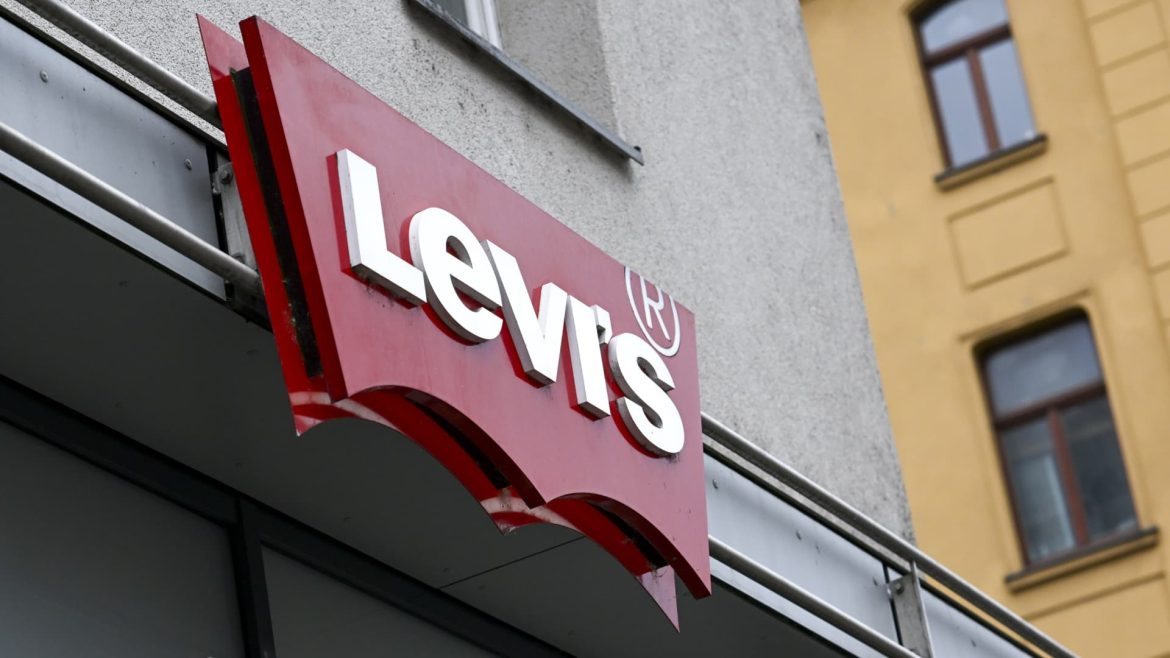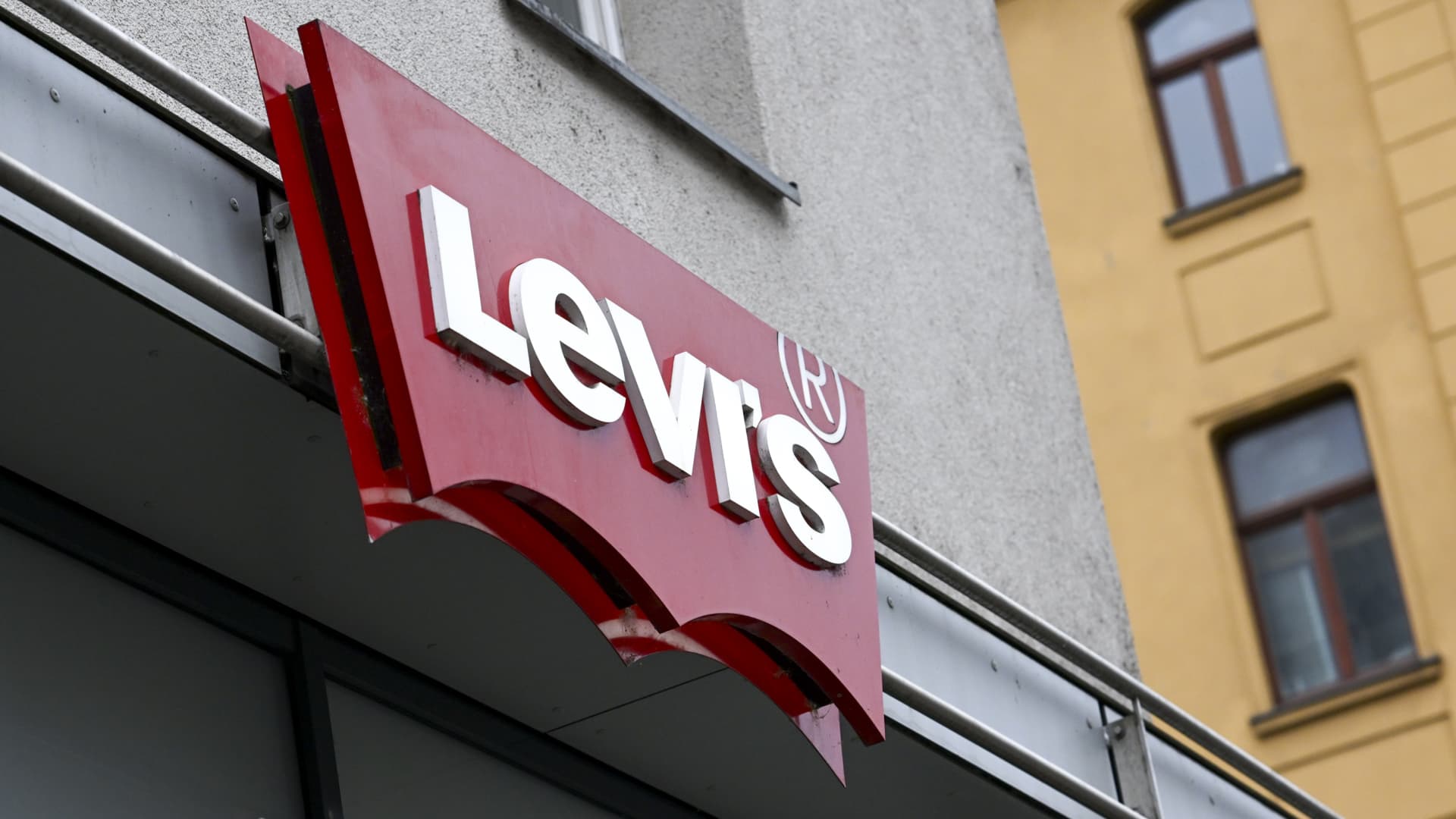Levi Strauss & Co. has reached a definitive agreement to sell its Dockers brand to Authentic Brands Group (ABG) for an initial sum of $311 million, with the deal potentially rising to $391 million through an $80 million earn-out. This strategic move signals significant shifts for both companies and sheds light on trends in apparel brand management and retail focus.
Background and Context: Levi Strauss and Dockers
Levi Strauss & Co., globally recognized for its iconic Levi’s denim products, has been the owner and steward of Dockers®—a well-known khaki and casual apparel brand—since its inception. Dockers marked Levi’s successful foray beyond denim into casual and business casual wear and was historically a strong complement to Levi’s core offerings.
However, the Dockers brand has been underperforming in recent years, leading Levi Strauss to reconsider its portfolio strategy. The company announced it was considering selling Dockers back in late 2024 amidst challenges in sustained growth and pricing pressures in the broader apparel market. The move helps Levi Strauss to prioritize its strategic focus on its direct-to-consumer (DTC) model, flagship Levi’s brand, and growth in adjacent segments like the Beyond Yoga activewear line.
Authentic Brands Group’s Acquisition Strategy
Authentic Brands Group is a leading brand management company focusing on revitalizing and expanding consumer brand portfolios. ABG’s acquisition of Dockers fits its established strategy of acquiring heritage, well-known brands that have untapped potential for global re-expansion, licensing, and cross-sector collaborations.
By purchasing Dockers for an initial $311 million—with a performance-based earn-out—ABG aims to leverage its global brand management expertise, licensing relationships, and digital marketing capabilities to reinvigorate the Dockers brand. ABG also owns Reebok and Van Heusen, positioning Dockers alongside complementary lifestyle and sportswear brands. This multi-brand approach gives ABG synergy opportunities in distribution, marketing, and brand positioning.
Competitive Landscape of Brand Management Firms
Prior to ABG’s acquisition agreement, Dockers attracted strong interest from multiple brand management firms including Marquee Brands, WHP Global, and Bluestar Alliance. Marquee Brands had been in exclusive talks with Levi Strauss at one point, emphasizing the competitive nature of acquiring established apparel brands experiencing transitional phases.
This competitive bidding reflects a broader M&A trend in the retail industry where brand management firms consolidate historic but challenged brands to optimize profitability through licensing, partnerships, and digital-first strategies, rather than solely relying on traditional retail sales models.
Strategic Rationale for Levi Strauss
Divesting Dockers allows Levi Strauss to streamline its portfolio, reduce complexities, and channel capital and attention toward its strongest growth drivers. Levi Strauss has embraced a DTC-first model which requires significant investments in digital platforms, supply chain integration, and consumer engagement innovations. By shedding Dockers, Levi can enhance this focus, returning roughly $100 million of net transaction proceeds to shareholders—a sign of confidence in the firm’s core brand prospects.
The sale also reflects a response to the evolving apparel landscape, where older brands facing competitive pressures may gain greater value and renewal potential with specialist brand managers adept at licensing and omni-channel strategies. Dockers’ potential had been restrained by Levi Strauss’s focus on denim core and shifting consumer preferences.
Potential Implications and Future Outlook
For Dockers: Under ABG’s stewardship, Dockers may witness revitalized marketing, global expansion, and licensing innovation. ABG’s portfolio strategy often includes collaborations and reinvention aimed at millennial and Gen Z consumers, which could refresh Dockers’ brand appeal and relevance in the casual/business casual category.
For Levi Strauss: Concentrating on Levi’s core denim products and growth initiatives positions the company to better capitalize on the DTC trend, allowing more agile consumer engagement and margin expansion. The capital infusion and leaner brand mix may provide stability amid volatile retail conditions.
Industry Impact: This transaction underscores accelerating consolidation in apparel brand management—specialist firms acquiring legacy brands to innovate brand utilization beyond manufacturing and retail. It also signals the challenges incumbent apparel manufacturers face when balancing broad brand portfolios against evolving consumer behavior and digital transformation imperatives.
Conclusion: A Defining Pivot for Both Levi Strauss and Dockers
Levi Strauss’s sale of Dockers to Authentic Brands Group for $311 million, with the possibility of a higher total payout, marks a pivotal moment for all stakeholders involved. For Levi Strauss, it is a strategic retrenchment to sharpen brand focus and digital-first competitiveness. For Authentic Brands Group, it represents an opportunity to breathe new life into a storied brand by leveraging its brand management expertise and global reach.
This deal highlights a larger retail industry trend toward portfolio specialization and brand management sophistication in an environment where consumer connections increasingly dictate success. Dockers’ future under ABG will serve as a fascinating case study on how legacy apparel brands can be renewed through modern brand stewardship and strategic repositioning.





